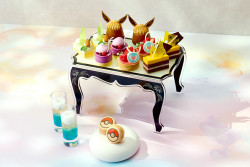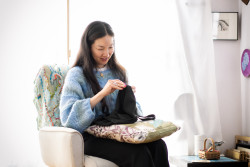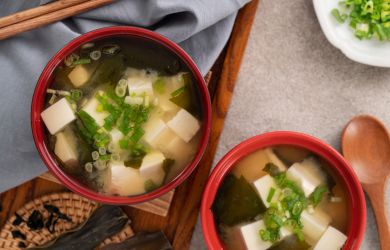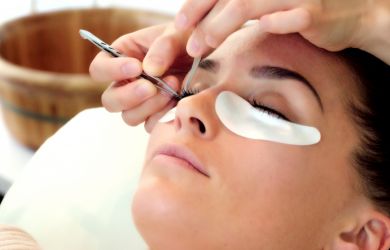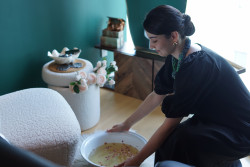
November 5, 2009
All-Japan Squash Championships
A new generation of young players hopes to make its mark at the annual tournament
By Metropolis
Originally published on metropolis.co.jp on November 2009

Courtesy of JSA
Squash people around the world aren’t very happy. And not without good cause: in August, the International Olympic Committee decided that it wouldn’t be including the sport in the 2016 Summer Games. Instead, it opted for two other sports that already have plenty of championships of their own and enjoy worldwide recognition: rugby and golf.
Japan Squash Association official Ron Tanno says the decision was particularly harsh for the sport in his home country.
“It has a very negative impact, especially in Japan, because there are not enough public courts here,” the former Japan No. 2 explains. “Around 90 percent of the courts in Japan are in private membership sports clubs, where kids aren’t normally allowed to play, so it’s difficult to hold tournaments for them. Basically, squash is closed to the public, which is unusual for a sport.”
Tanno believes that the only way to make squash more popular in Japan is to have more public courts, in the same way that there are public gyms and pools.
“The Olympics would have given the relevant authorities a good excuse to develop the sport,” he adds. “The timing would have been perfect for Japan, because the sport is becoming more popular and more recognized.”
Despite enjoying more widespread support, Japanese players aren’t a major force in the professional game. As Tanno points out, “One of the reasons Japan can’t compete is because no kids are playing. The only junior players competing now are the sons and daughters of [established] players.”
Many of these kids stay at Tanno’s Sunset Breeze Hotel in Hota, Chiba Prefecture, which in addition to three top-level squash courts, also has several beachside futsal pitches. He says that youngsters are fascinated by a sport played in a glass “box,” and which is both dynamic and simple to play.
Elderly residents of Hota and the surrounding areas have also apparently taken to the game. Tanno maintains that squash is easier to learn and play than tennis, and cites a magazine survey that ranked it as the sport most people wanted to take up in Japan.
“You really feel the potential of the sport when soccer kids love it the first time they play,” he says. “But when they ask where they can play in Tokyo or Yokohama, we can’t really introduce them to any places. There is considerable interest in the sport, but it all comes back to finding places to play.”
Not that the Japanese are all bad, of course. Chinatsu Matsui, the poster girl for the sport here, has scraped into the top 50 in the world rankings in the past, and Tanno believes that her nearest challenger, 19-year-old Misaki Kobayashi, is capable of making it into the top 25.
Kobayashi lives and trains in Malaysia, but she will be on hand this month to challenge the 32-year-old Matsui at the 38th All-Japan Championships (also known as the Kyonan Machi Sunset Breeze Open), held at the aforementioned Sunset Breeze Hotel. Tanno will also be playing, but the main contenders in the men’s competition will be two youngsters who have the potential to set the sport alight in Japan. Yuta Fukui, 20, is ranked No. 1 in the country and is the youngest ever winner of the event. His main challenger, Shinosuke Tsukue, is one year his junior, but is more aggressive than his sempai and improving rapidly.
The top 16 seeds in the tournament—ranked from tournaments throughout the year—will meet 16 qualifiers from the opening round of games on November 20. The main draw will start the following day.
All-Japan Squash Championships
Nov 20-23, 9am. ¥2,000. Sunset Breeze Hotel, Hota, Chiba Prefecture. Tel: 0470-553707.

